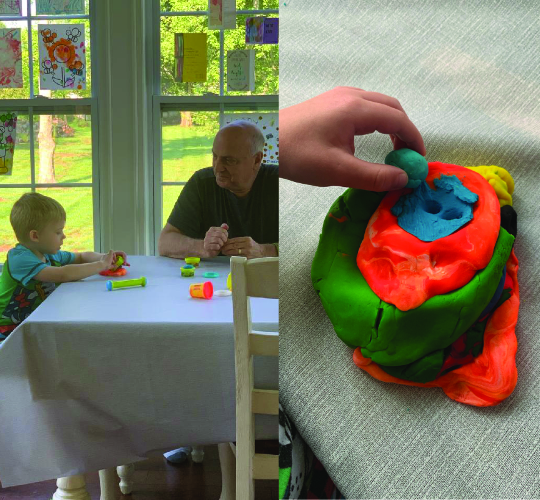“We learn nothing by being right.”
—Elizabeth, Princess Bibesco, 20th Century English socialite, actress and writer
When was the last time you had a discussion in which the phrase “I know” was voiced by yourself or the other person?
How often does this phrase show up during a typical day at work or home?
When you hear these words, consider translating them into “I’ve stopped listening.”
Being right and making others wrong not only damages relationships, it also shuts down the potential of learning anything new.
EXERCISE:
Where would embracing a healthy dose of uncertainty and a more open mind improve your relationships and keep your wheels of wisdom turning?












